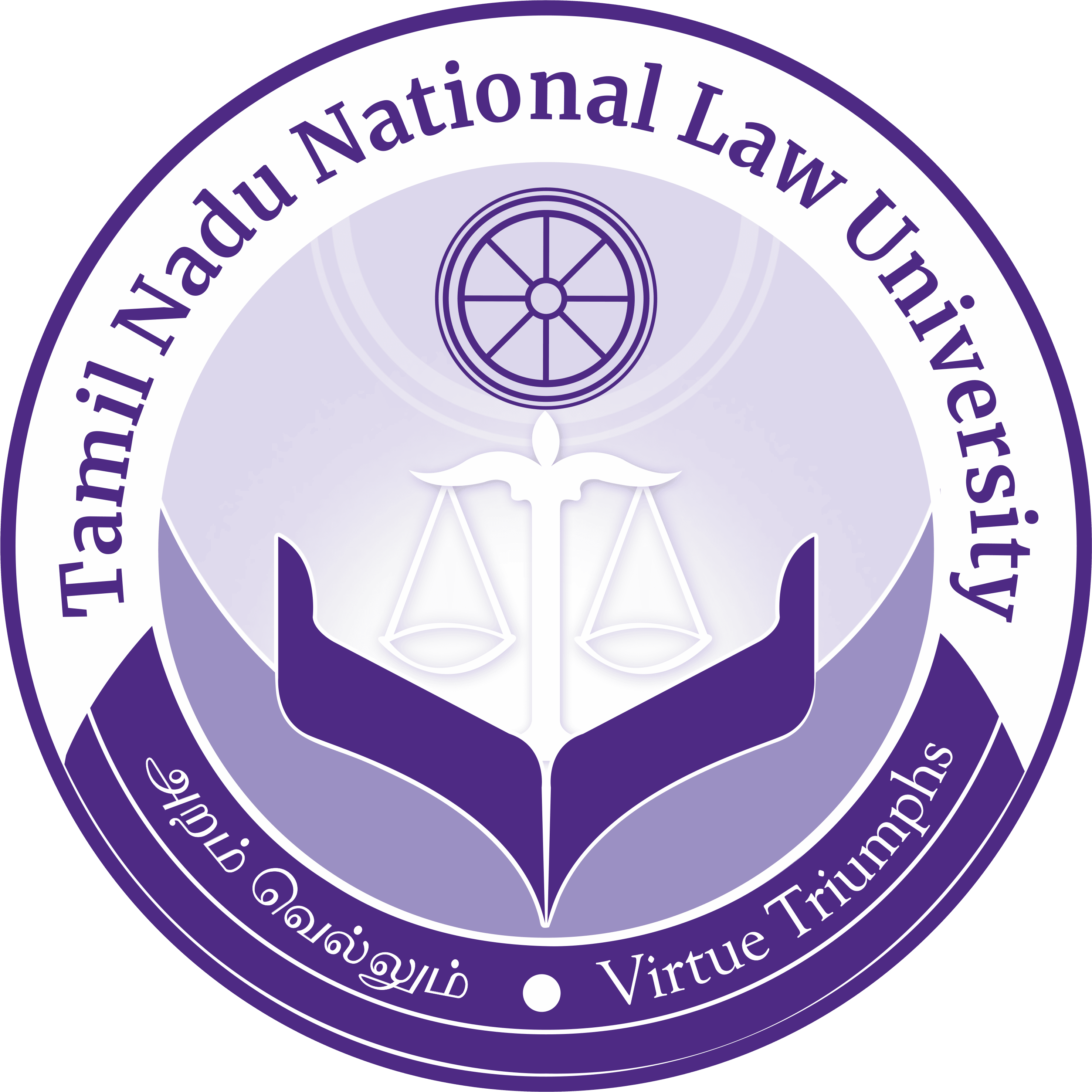

The Law of Torts Students Group Discussion was held on the topic “Application of English Law to Torts in an Independent India” on 22nd December 2021 from 2 pm to 3 pm as a part of the STAP initiative at TNNLU. The discussion was coordinated by Ms. Mrinmoyee Mukherjee, Assistant Professor of Law, TNNLU and Ms. Vedavalli S., Writing Fellow, TNNLU. There were 4 student discussants: Mr. Dikshant Gupta and Mr. Mohamed Ashik from B.A LL.B. (Hons.) and Ms. J Aruna and Ms. Ramsha Hashmi from B.Com. LL.B. (Hons). A total of 33 participants attended the STAP event. The students discussed the origin of torts in England, tort law in India before independence, tort law in India after independence and the future discourse of law of torts in India. Ms. J Aruna gave an overview of the law in pre-British India, talking about how justice was enforced by panchayats.
Mr. Dikshant Gupta then took over talking about the origin of torts in England and how many technical terms in English law had originated from French. He explained that once precedents were set they were intended to be applied equally to every member of society, thus resulting in the term common law. Mr. Mohamed Ashik then proceeded to explain how most of the law of torts in India is adopted from the English law of torts. Mr. Dikshant Gupta then provided an example to help understand the application of the law of torts, then explained the reforms that were introduced in India after independence. Mr. Mohamad Ashik then gave us his opinions on the future discourse of law of torts in India mentioning that it is going to be of significance in the coming future, but requires enactments and reforms in various sectors. Ms. Ramsha Hashmi discussed the need for codification of law of torts in India and how since a major branch of the law is still based on legal precedents and that it must be codified. Once the floor was open to the participants to put forward their opinions, Ms. Arivusudar A. of B.Com LL.B. put forward her views and Mr. Guru Vignesh from B.A LL.B. had asked a stimulating question as to whether codifying the law of torts in India would make it rigid. After an enlightening conversation the discussion was concluded and the event was successful in enriching the participants with knowledge regarding the topic.